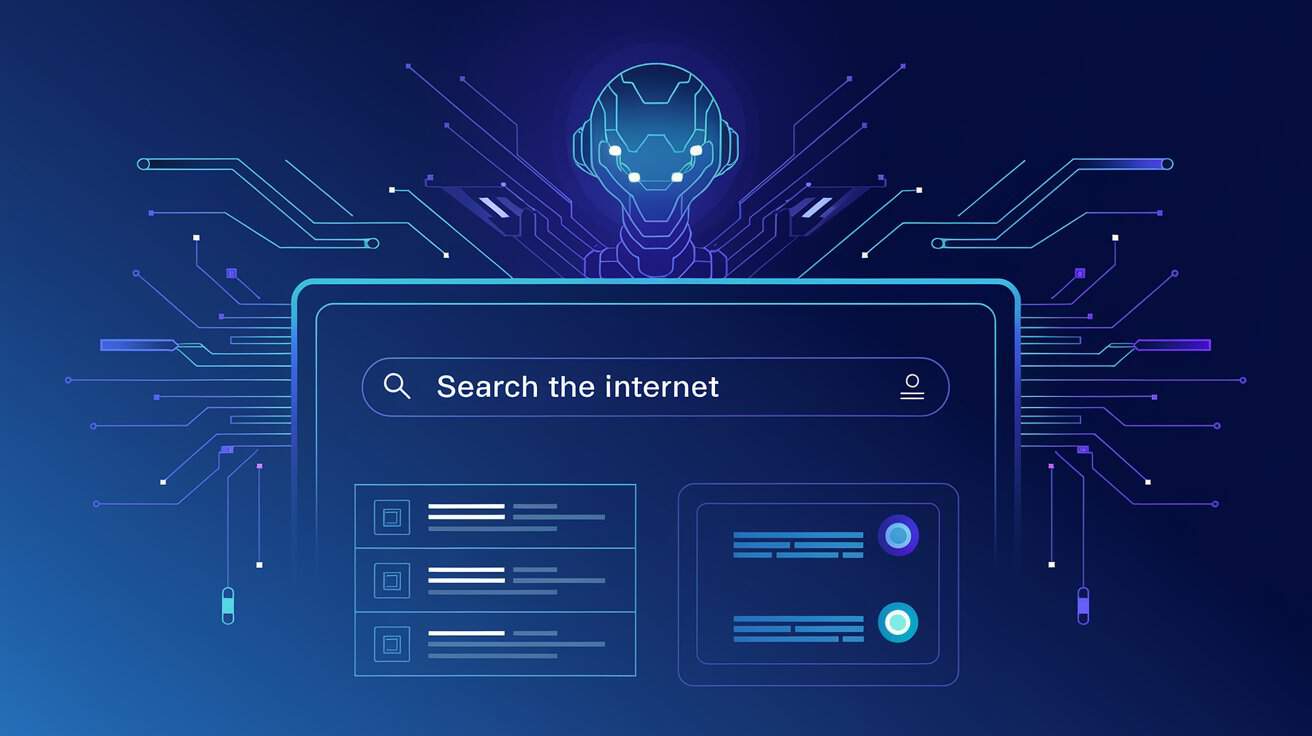AI-powered search engines have intensified information retrieval, marking a significant advancement in user experience. Traditional search engines relied on basic algorithms and keyword matching, struggling to keep up with the growing complexity and volume of digital content. The introduction of AI-driven platforms ushered in a new era of search by utilizing machine learning and natural language processing (NLP) to grasp user intent, resulting in personalized search results and greater contextual relevance. Perplexity AI, Bing, YEP, and You.com are among the platforms leveraging these technologies to enhance search capabilities, with Perplexity AI excelling in interpreting complex queries and Bing offering personalized, conversational experiences.
This transformation in search technology not only reshapes how users access information but also revolutionizes their engagement with digital platforms. AI-powered engines now deliver more intuitive and personalized outcomes, tailored to individual behaviors and preferences. As AI progresses, these platforms are set to play a more significant role in providing precise, context-aware, and ethical digital experiences. This evolution suggests a future where search engines comprehend user intent better, paving the way for a personalized and responsible digital environment.
The Evolution from Traditional to AI-Powered Search
The shift from traditional to AI-powered search engines has revolutionized how we access digital information. Early search engines relied on basic algorithms and keyword matching, which often produced inaccurate results due to their inability to grasp deeper context or user intent. In contrast, AI-powered search engines utilize machine learning and natural language processing (NLP) to interpret context, semantics, and user behavior, providing more accurate and personalized search experiences.
AI’s integration has significantly enhanced search engine capabilities, enabling a better understanding of user intent and more tailored results. This evolution sets a new standard for accuracy and relevance while ushering in the future of predictive, conversational, and voice-activated searches, ultimately transforming the user experience and redefining the digital search landscape.
NLP Enhances Searches; Machine Learning Boosts Precision
The utilization of Natural Language Processing (NLP) is instrumental in enhancing search functionality as it enables search engines to effectively comprehend and interpret user queries. Through the processing of intricate language structures, NLP facilitates the delivery of more precise and contextually pertinent search results, ultimately enriching the user experience by fostering intuitive and conversational interactions that bridge the gap between human language and machine understanding.
Simultaneously, machine learning algorithms play a pivotal role in further enhancing search precision by continuously assimilating insights from user interactions and behaviors. By scrutinizing extensive datasets to identify patterns and trends, these algorithms empower search engines to optimize results in alignment with individual preferences and intent. The combined prowess of NLP and machine learning engenders a formidable synergy that elevates search capabilities, yielding highly personalized outcomes and reshaping the dynamics of user access and engagement with online information. This evolution paves the way for a new standard of accuracy and relevance within the digital search landscape.
Understanding User Intent: How AI Personalizes Search Results
In the domain of AI-driven search engines, the ability to discern user intent is crucial for delivering personalized search results. Through meticulous analysis of keywords, contextual hints, and user behavior, AI algorithms can accurately grasp the true purpose behind each search query. By employing advanced techniques in natural language processing (NLP) and machine learning, these algorithms can predict user preferences and tailor search results accordingly, ensuring relevance and elevating user satisfaction.
By continuously learning from user interactions, AI not only hones its understanding of intent but also anticipates future needs, offering a more intuitive and tailored browsing experience. This proactive approach not only simplifies information retrieval but also promotes deeper user engagement by presenting content that closely matches individual preferences and browsing habits. As AI progresses, its ability to interpret and cater to user intent is poised to revolutionize how people interact with and consume digital information.
The Role of AI in Voice and Visual Search
Voice and visual search are advanced search technologies that allow users to find information through spoken commands or images, rather than traditional text-based queries. Voice search uses speech recognition to interpret and respond to voice queries, making it easier for users to interact with search engines hands-free. Visual search enables users to upload or capture images, allowing AI to analyze and identify objects, text, or scenes within the image for relevant search results.
AI plays a vital role in both technologies. In voice search, AI uses NLP to understand context and intent, delivering accurate and relevant responses. For visual search, AI leverages machine learning and computer vision to recognize patterns, objects, and features in images. This helps users explore information more intuitively, enhancing personalization and improving overall search accuracy and efficiency.
The Future of Search: What’s Next for AI-Powered Engines?
The future looks promising for AI-powered search engines, with continuous developments in natural language processing, machine learning, and predictive analytics driving them towards predictive and personalized search interactions. By enhancing their ability to understand user intent, context, and preferences, AI-driven search engines are poised to deliver highly tailored results, heralding a new era focused on precision and relevance in search experiences.
Anticipated improvements in voice-activated searches and conversational interfaces are expected to revolutionize user experiences, facilitating more fluid and intuitive interactions with search platforms. This shift towards user-friendly interfaces foresees a future where individuals can engage with search engines in a natural, conversational manner, fundamentally altering the landscape of information retrieval. Furthermore, a spotlight on AI ethics and transparency will be essential to address bias and ensure responsible AI practices, paving the way for search engines that offer personalized, accurate, and ethically sound digital experiences.






